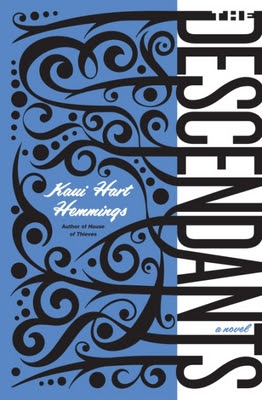
Been reading a lot lately on the “tragedy” of newspaper cutbacks in book sections with a corresponding drop in literary books reviews and a great deal of moaning about citizen reviewers.
Because we live in the 21st century, there is a campaign involved: The National Book Critics Circle Campaign to Save Book Reviews. John Freeman of the NBCC explains that they must “become activists in order to ensure that these venues are going to be around in the future."
The NBCC consider their job a formal erudite, discipline and they are appalled at the informal, free-for-all amateur reviews that crop up on the web and in places like Amazon.
All this chatter came into focus this weekend as I read the New York Times Book Review. There was a piece on Free Food for Millionaires by Min Jin Lee as reviewed by LIESL SCHILLINGER. Ms Schillinger has impeccable credentials -- she is after all a writer and a graduate of Yale with a degree in comparative literature.
I waded through her very academic review with a lot of high minded stuff about feminism, Middlemarch, Trollope and Henry James. All very scholarly and VERY dry!
There was NOT one sentence in the review that made me want to read the book.
That really caught my attention!
I finished the book a week or so ago, and have told anyone who would listen that it is “the best fiction I’ve read this year”.
This is a extraordinary story about being the perpetual outsider, about living in the modern world with the inbred values of the old, of finding a place that is comfortable for you (under your own terms). It is an exploration of racism and prejudice from both sides of the equation.
Consider Casey Han. She wants to please her parents and be a modern woman. She wants glamour and insight but she also wants respectability and success. She wants to earn her own way but she wants luxury (expensive) clothing. She wants to be accepted in the non-Korean world but yet she cannot escape her Korean (and more importantly her immigrant) heritage.
With all these contradictions it is no wonder that she is forever shooting her self in the foot and creating pain and chaos for herself in both her personal and business relationships.
Her life is constantly in contrast with her “perfect” almost friend Ella. She is wildly ambivalent about who Ella is and how she (Casey) should relate to her. After all Ella seems to do everything right; she even marries a successful Korean investment banker and has a child.
Did I mention that there are passages that our laugh out loud funny. Casey, as the narrator of her life, has an angry, witty, often self depreciating sense of humor.
The official synopsis reads like this:
Casey Han's four years at Princeton gave her many things, "But no job and a number of bad habits." Casey's parents, who live in Queens, are Korean immigrants working in a dry cleaner, desperately trying to hold on to their culture and their identity. Their daughter, on the other hand, has entered into rarified American society via scholarships. But after graduation, Casey sees the reality of having expensive habits without the means to sustain them. As she navigates Manhattan, we see her life and the lives around her, culminating in a portrait of New York City and its world of haves and have-nots.
Free Food for Millionaires is avaiable as an eBook in the eBooks About Everything store.
Which bring me back to reviewers. . .
Literary criticism is a great intellectual discipline. Lofty, scholarly discourse about the significance of a particular book may even have a certain value. But I am not convinced that the citizen reviewers degrade the value of the professional reviewer’s work. These citizen reviews have a different and equally valid perspective on how to view a book. They are more concerned with things like readability, voice and experience. Go to Amazon and read some citizen reviews.
These lowly citizens get it. For most us a book doesn’t have to be literary; it just has to be a damn good read.
Free Food for Millionaires is!











